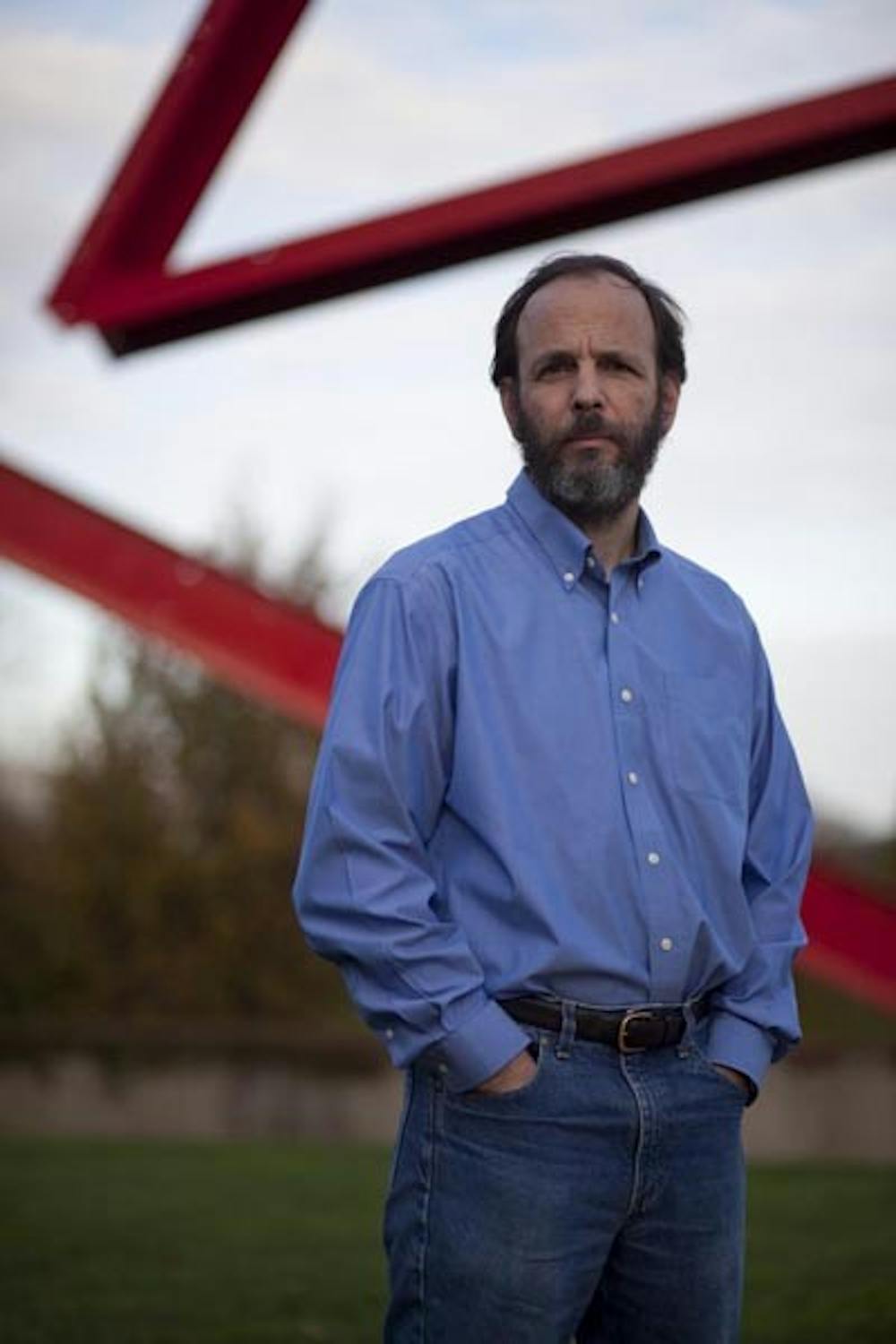Throwing cash at science is a mistake, according to an ASU scientist.
Daniel Sarewitz, co-director of the Consortium for Science, Policy, and Outcomes, believes that science funding should be focused on areas with direct, short-term social outcomes, rather than funding general research.
He published a column Nov. 10 on Nature.com, a science news website, in which he expressed his dissenting view on federal science funding.
“Science investments should be assessed not just in terms of the amount of money spent, but in terms of their capacity to achieve desired social outcomes,” Sarewitz said.
He added that despite the recent election of a fiscally conservative Congress, lawmakers will likely increase funding to the National Science Foundation, an independent, federal science organization.
Sarewitz said he predicts extra funding because there is no political risk involved.
“Doubling the NSF budget makes good politics,” he said, “but what about good policy?”
The NSF funds general research in all areas of science, an approach that science has taken for more than 500 years, said Michael Thorpe, an ASU physics and chemistry professor.
“Science is really good at fostering new ideas, many of which are unexpected,” Thorpe said.
The argument for funding general, curiosity-driven research is that it led to the discovery of penicillin, radio, lasers and the Internet.
But in this time of financial crisis, Sarewitz said that more immediate results are necessary.
“We have to be smart with our investments,” he said.
Curiosity-driven science has not provided desired results recently in the fields of cancer and climate research because it is too unpredictable, he said.
Sarewitz advocates “use-inspired” science that is more predictable and linked more closely to society’s needs.
Alternative energy research is ripe for socially driven research because it could directly stimulate the economy, Sarewitz said.
Sarewitz also supports focused research on Alzheimer’s testing, rather than fundamental research on the disease.
Detecting Alzheimer’s sooner could lead to quicker treatment, Sarewitz said.
“Better diagnostics could quickly lead to better therapies for it,” he said.
“Funding broadly across many fields will not lead to short-to-medium-term results,” Sarewitz said.
Many scientists are opposed to Sarewitz’s view, he said, because general research has been science’s method of choice for centuries. Thorpe is one of those scientists.
“When the economy is down, everyone has to make do with less,” Thorpe said, “but I wouldn’t use that to change our style of research.”
In today’s science culture, Thorpe said the private sector handles short-term, product-oriented sciences because they tend to be more commercial.
Universities take a longer term, more academic approach, Thorpe said.
The two institutions work at different paces, and universities should not try to compete with the private sector, he said.
Jane Maienschein, Regents’ Professor in biology in the School of Life Sciences, sees merit in both approaches.
“[Sarewitz] urges that we think about the outcomes of what we invest in,” she said. “He is saying something worth thinking about.” She added that if all research was done in just one of the two molds, things could be overlooked.
With basic research, the idea is that science will reap great rewards for its investments in the long run, Maienschein said
“The problem with that approach is that you can put a man on the moon, but you can’t build cheaper houses for people,” she said.
She added that times of financial stress are ideal for Sarewitz’s style of mission-driven research.
Either way, she said the important thing is to talk about it.
“Many scientists don’t want to rock the boat,” Maienschein said. “This is exactly the kind of discussion Dan wants.”
Reach the reporter at alex.ferri@asu.edu





